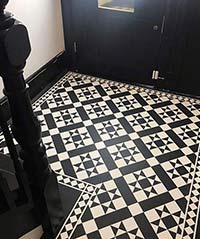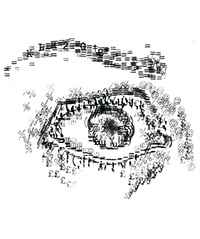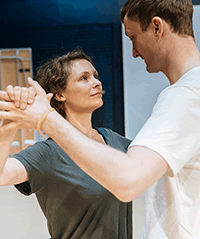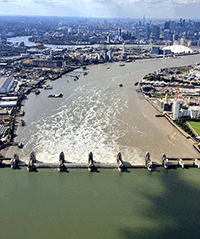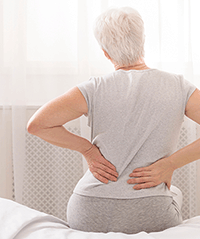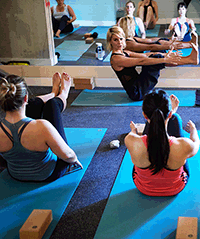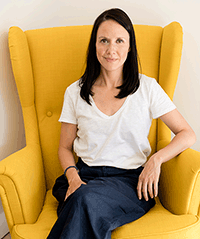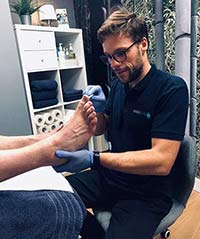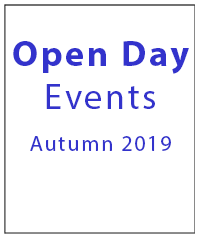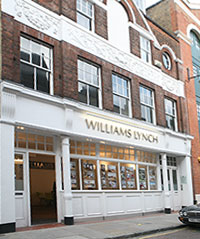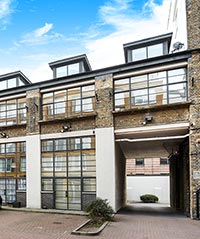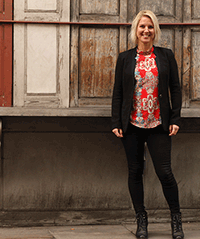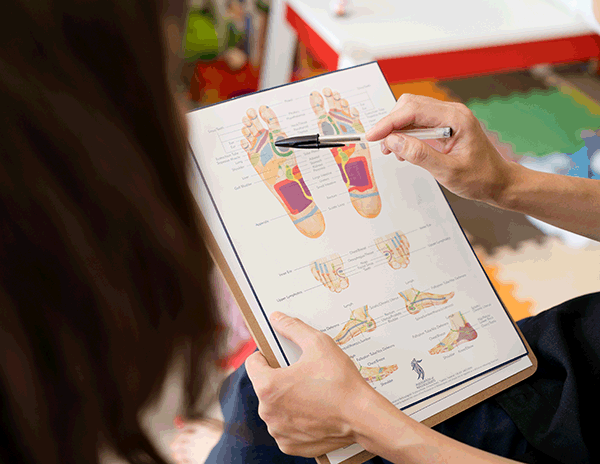
The different points on the foot, lower leg, hands, face or ears connect with other areas of the body (Photo: Association of Reflexology)
We’re switched on all the time. Literally. There is no downtime ever. Escaping from emails, social media and the expectation to be present can feel impossible. Self-care has been in the headlines more than ever in the last year. And it’s no wonder. Three in four Britons have been so stressed that they have felt overwhelmed or unable to cope, according to the biggest survey into the impact of stress by the Mental Health Foundation (2018).
Women seem to be the worst affected. While 74 per cent of adults said they had felt so stressed at some point during the last year that they were left overwhelmed or unable to cope, 81 per cent of women said so compared to 67 per cent of men.
There are plenty of ways to introduce ways to look after your mind and body but have you ever considered reflexology?

Reflexologist Natalie Li, based in Bermondsey (Photo: Bethany Lavin Photography)
This non-intrusive complementary therapy is based on the theory that different points on your feet, lower leg, hands, face or ears connect with different areas of your body. Reflexologists work holistically with their clients and aim to work alongside mainstream medicine to promote better health for their clients. This kind of therapy has been shown to provide help for the collection of chemical and physical reactions that put you into ‘fight or flight’ mode, putting all your blood and energy into your brain, arms and legs. These chemical reactions can increase stress levels and cause anxiety. Reflexology aims to reduce that reaction.
The stress hormone, cortisol, can wreak havoc on our immune system. Chronic or long-term stress can affect sleep, memory and eating habits and increase the risk of irritable bowel syndrome, stomach ulcers and heart disease. There have been many studies that suggest that reflexology can relieve the internal effects of stress – relaxing muscles and easing tension.
A reflexologist does not diagnose and does not claim to cure but can offer a relaxing treatment to help rebalance and energise during challenging and busy periods in your life. It’s World Reflexology Week between 23-29 September 2019. To celebrate, why not book a taster treatment (and enjoy a 20% discount!) for yourself or your work colleagues?
Natalie Li Reflexology
t: 07907 859 952
w: natalielireflexology.co.uk






